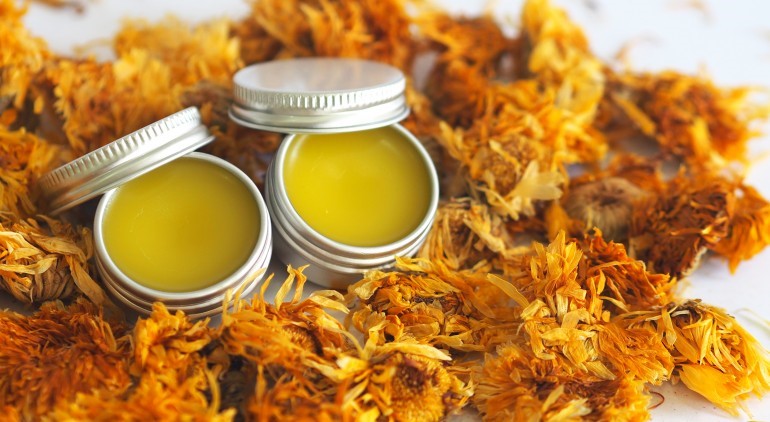Carrier oils have been around for centuries. In the times of ancient Greece and Rome, aromatic oils were used for many different uses. Massages, applying medicinal compotes and baths were just some of their uses. In general, carrier oil is any base oil that is used to dilute an essential oil before it is applied topically. Essential oils can be very potent and dangerous when used on their own. The carrier oil help makes this process much safer. Carrier oils can come from nuts, seeds, etc. They don’t have a quick evaporation rate, so whatever you are applying to the skin will stay on for a while. Whether you’re looking to make your own oil combinations or you are curious about the carrier oils that are used for some of your favorite natural supplements, we’re about to dissect what carrier oils are, and find out more about which ones you should use.
The Benefits of Carrier Oil
Carrier oils have many different vitamins and minerals that are beneficial to the body from the inside and out. This is in addition to whatever tinctures or oils you are adding in. For example, most carrier oils have the ability to heal the skin and help your skin maintain a healthier moisture level. Some of these additional ingredients can increase absorption when you’re taking an oral tincture. Oleic acids in carrier oils have the ability to boost immunity. Linoleic acids have anti-inflammatory properties.
Different Types of Carrier Oils
Some of the most common carrier oils are:
- almond oil,
- olive oil and
- soybean oil.
Coconut oil is carrier oil that comes from the inner white flesh of the coconut. Jojoba oil is a liquid wax that comes from a shrub.
Cold pressing, oil maceration, expeller pressing and solvent extraction are just some of the methods for extracting these oils. The best option for carrier oil really depends on the individual and the additional products that are being added to the oil. If you’re going to use essential oils that you’ll apply to the body, you don’t want to pick pungent oil that might alter the smell of your essential oils.

Coconut oil has its own distinct smell that doesn’t necessarily go along with something like cedar or myrrh. A CBD product that you’re taking orally can often be found in something like olive oil or coconut oil.
Choosing Oil
One of the most tolerated oils in history is olive oil. You can take it orally and use it on the skin. Grapeseed oil is very affordable and mixes well with a variety of additives. MCT oil is commonly used for oral tinctures. It comes from coconut, and MCT oil can be very quickly absorbed into the body. This helps achieve the results that you’re looking for in a short amount of time.
It’s very easy to skip over the type of carrier oil that is in a product that you’re using. The truth is, the carrier oil you are consuming is very important. Not only do you want to watch out for something that you may be allergic to (Keep an eye on nut-based carrier oils if you are allergic to peanuts or tree nuts), but you’ll want to choose a carrier oil that is going to benefit you as well. If you’re shopping for new CBD oil, take the time to look at the type of carrier oil that was used in the manufacturing of the product. The carrier oil could be a big factor in absorption or shelf life. Also, make sure that your product is coming from a reputable source.

Alex Malkin
Editor-in-chief at CBD.market.
Expert in healthy lifestyle and food supplements with a deep knowledge in CBD (Cannabidiol).
